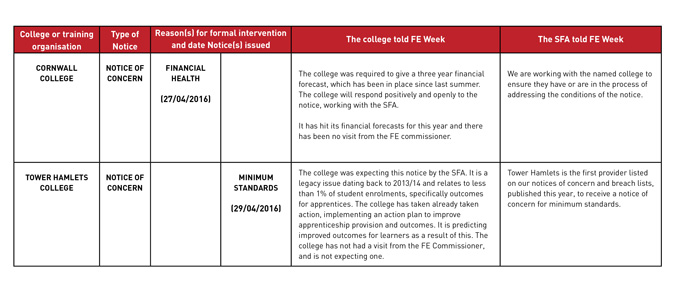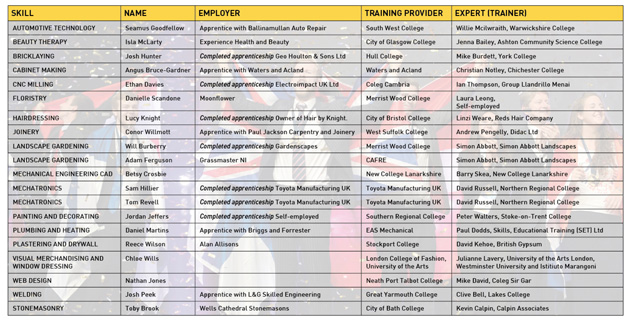Jane Button has been appointed as principal at the National College for the Creative and Cultural Industries in Purfleet.
The college, which opens in September, is for students who want to study a level four professional diploma in technical and production.
Ms Button is currently the director of learning at Lambeth College — where she is responsible for marketing and communications, customer service and administration, admissions, careers, work experience, safeguarding and the pastoral offer.
On the appointment, Pauline Tambling CBE, chief executive of Creative & Cultural Skills who founded the college, said: “Jane brings a wide range of experience of working in the post-16 education sector as a teacher, middle manager and senior leader.
“Jane’s background in the creative industries and in providing excellent opportunities for students and learners is impressive. Her commitment to what we are setting out to do with our new national college is evident.”
Meanwhile, Adrian Bevington has been appointed as associate director at independent training provider, Mitre Group.
Mr Bevington was the former English Football Association managing director and director of communications.
He is currently a UK and global consultant to football clubs, associations, owners, and sports rights companies and has experience of working at the past five FIFA World Cups from 1998 to 2014.
A spokesperson for Mitre Group, who specialise in training and development at sports stadia, said Mr Bevington brings a “vast wealth of experience”.
Jennie Bowmer, the group’s managing director, said: “We are delighted that Adrian will be joining us as an associate director and strategic lead for our sports advisory board.
“The depth of knowledge he has of the football sector, both in the UK and internationally, will complement the skills and experience of our team and support our ambitions to provide the very best training and education for those in sports and stadia.
“I very much look forward to working with Adrian.”
Mr Bevington added: “I’m delighted to be joining Mitre Group, as I’ve been very impressed with the training, education and development programmes they provide.
“Hopefully I can draw on my experience and contacts to support the tremendous work already been delivered by Jennie and the Mitre Group team.”
And Derby College Education Trust (DCET) has appointed Mike Davie as its new executive headteacher.
Mr Davie was the headteacher at Merrill Academy, the only school sponsored by DCET, but will now lead the development of its plans to expand the multi-academy trust in sponsoring more schools, a college spokesperson said.
Derby College chief executive Mandie Stravino said: “We are delighted that Mike Davie has been successful in the appointment as DCET executive head to take the lead in this work.
“The excellent work that he and the senior leadership team has achieved at Merrill during its development as an academy will be continued.”
Mr Davie said: “This new role is a wonderful opportunity to further develop external opportunities for success of Merrill Academy, the trust and other learners in the local area.
“As executive headteacher of the trust, my involvement in the continued improvement of Merrill Academy will remain.”
Marcus Shepherd has now taken over from Mr Davie as headteacher at Merrill Academy.








